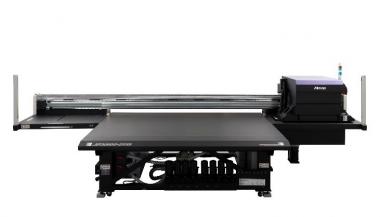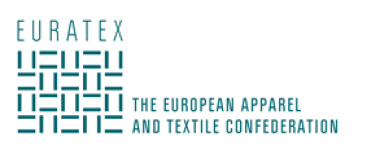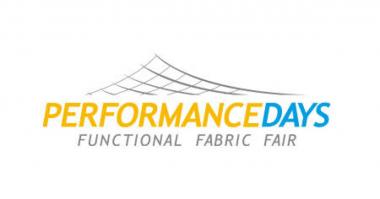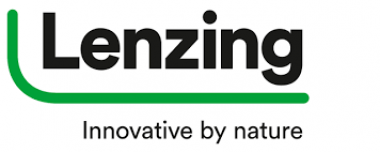ISKO™ introduces R-TWO™50+
Denim ingredient brand ISKO™ announces R-TWO™50+. Part of Responsible Innovation™, R-TWO™50+ creates high-quality denim that is less harmful to the natural world.
R-TWO™50+ reduces carbon emissions by as much as 45% and water usage by as much as 65%. An exclusive yarn spinning technology, patented by ISKO, uses a minimum of 50% recycled materials to reduce reliance on natural resources.
The fabrics are stronger and more durable, and have a good shape recovery, a soft cotton hand feel and dry up to 20% more quickly.
R-TWO50+ fabrics also have the Global Recycled Standard (GRS) certification, which provides standardised verification for recycled materials.
ISKO is also one of the first in the fashion market to achieve an ESG (Environmental, Social, and Governance) scoring, which measures companies’ sustainability and societal impact.
ISKO / Menabò Group srl





















